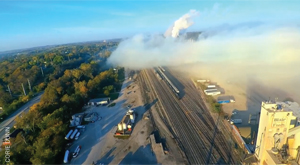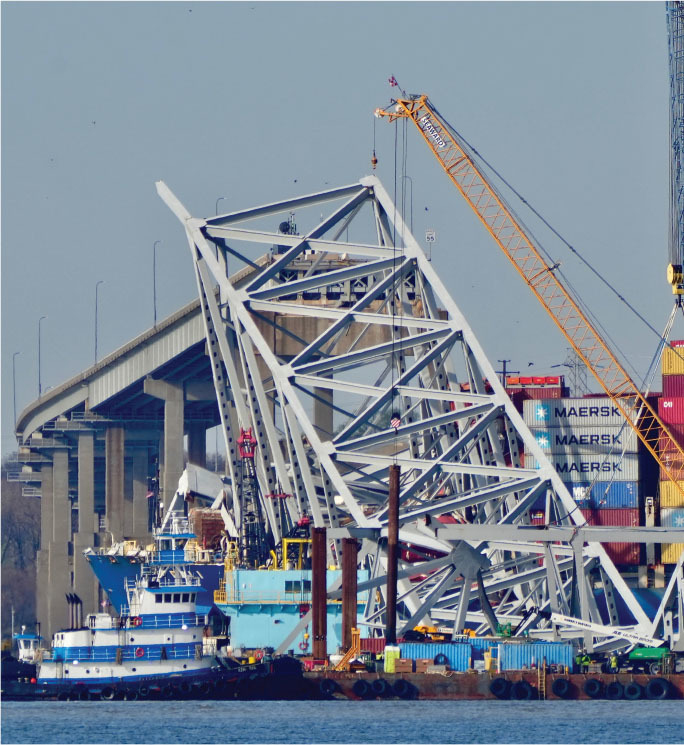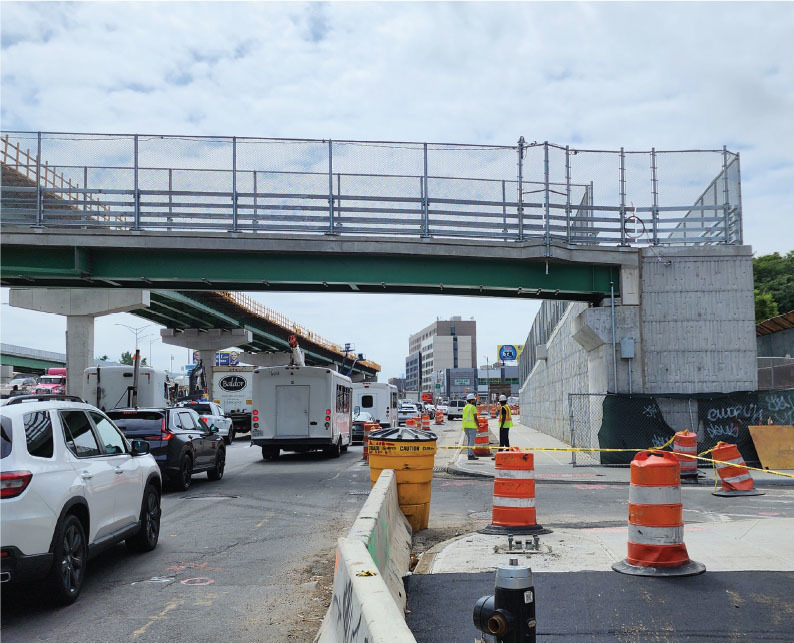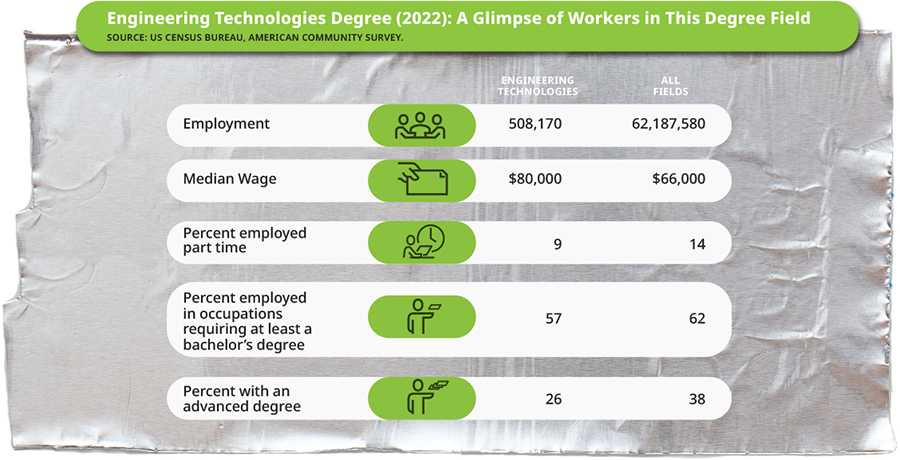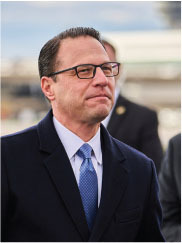July/August 2017
PE Report
Society Calls for Full Funding of Chemical Safety Board
NSPE and other engineering organizations have come to the defense of the Chemical Safety Board after the Trump Administration proposed eliminating the organization’s funding.
The Chemical Safety Board has played a critical role in investigating chemical incidents and making recommendations to improve safety, most notably following the fatal BP Deepwater Horizon explosion and costly oil spill in 2010.
NSPE supports the role of the CSB and recently submitted public comment to the House Appropriations Subcommittee on Interior, Environment, and Related Agencies, urging the subcommittee to fully fund the board in the fiscal year 2018 budget. The CSB is requesting a budget of $11.629 million in fiscal year 2018 to accomplish its unique mission. This is an increase of $629,000, or 5.72% above the $11 million provided in the Consolidated Appropriations Act of 2017. This modest increase would allow the CSB to maintain its current investigations and safety advocacy capacity.
The American Society of Safety Engineers, the American Institute of Chemical Engineers, and the American Chemical Society are some of the organizations that have called for continued CSB funding.
In a public comment, NSPE 2016–2017 President Kodi Verhalen, P.E., Esq., F.NSPE, stated, “NSPE and the professional engineers we represent rely on the agency’s independent chemical incident reports, recommendations, and safety bulletins to protect the health, safety, and welfare of the public. Professional engineers, as a requirement of their state-issued license, must hold these three considerations paramount above all other considerations in our designs, reports, and all other areas of the practice of engineering.”
Verhalen’s comment notes that Congress created the CSB to investigate accidents to determine the conditions and circumstances that led to the event and to identify the causes to prevent future incidents.
“The CSB was instrumental in investigating the BP Deepwater Horizon oil spill in the Gulf of Mexico, as well as investigating over 130 other chemical incidents and providing nearly 800 safety recommendations, 78% of which have been closed,” Verhalen wrote. “It is vital that this independent, nonregulatory agency exist to provide feedback on why chemical disasters arise and how to prevent these disasters from occurring again.”


 Volunteering at NSPE is a great opportunity to grow your professional network and connect with other leaders in the field.
Volunteering at NSPE is a great opportunity to grow your professional network and connect with other leaders in the field. The National Society of Professional Engineers (NSPE) encourages you to explore the resources to cast your vote on election day:
The National Society of Professional Engineers (NSPE) encourages you to explore the resources to cast your vote on election day: